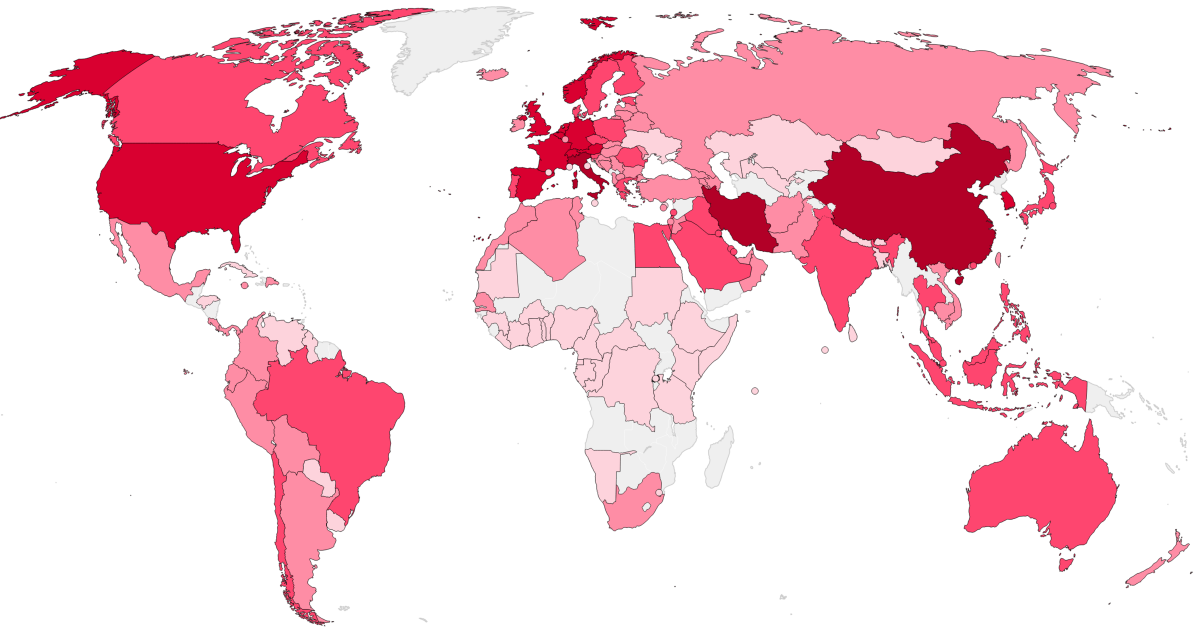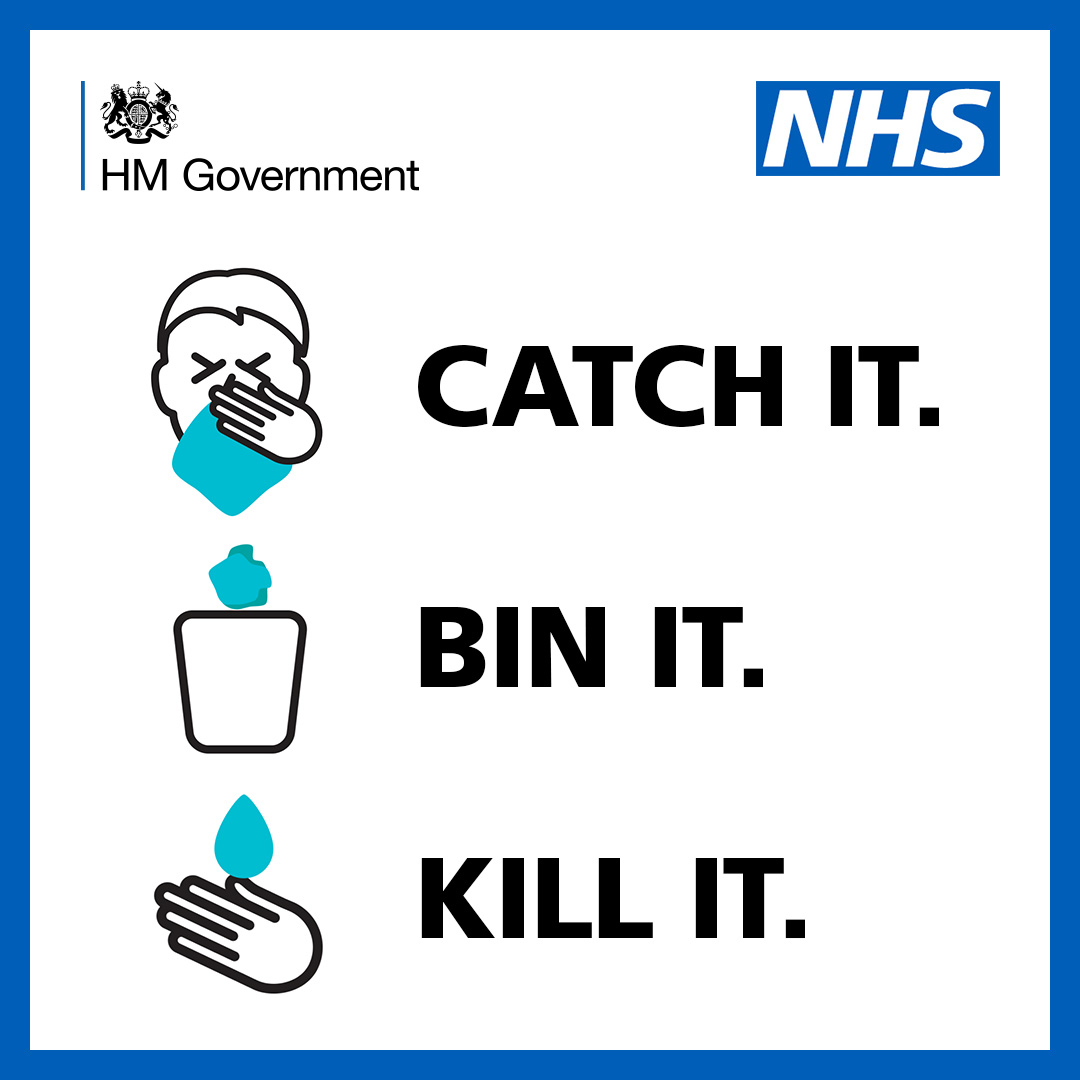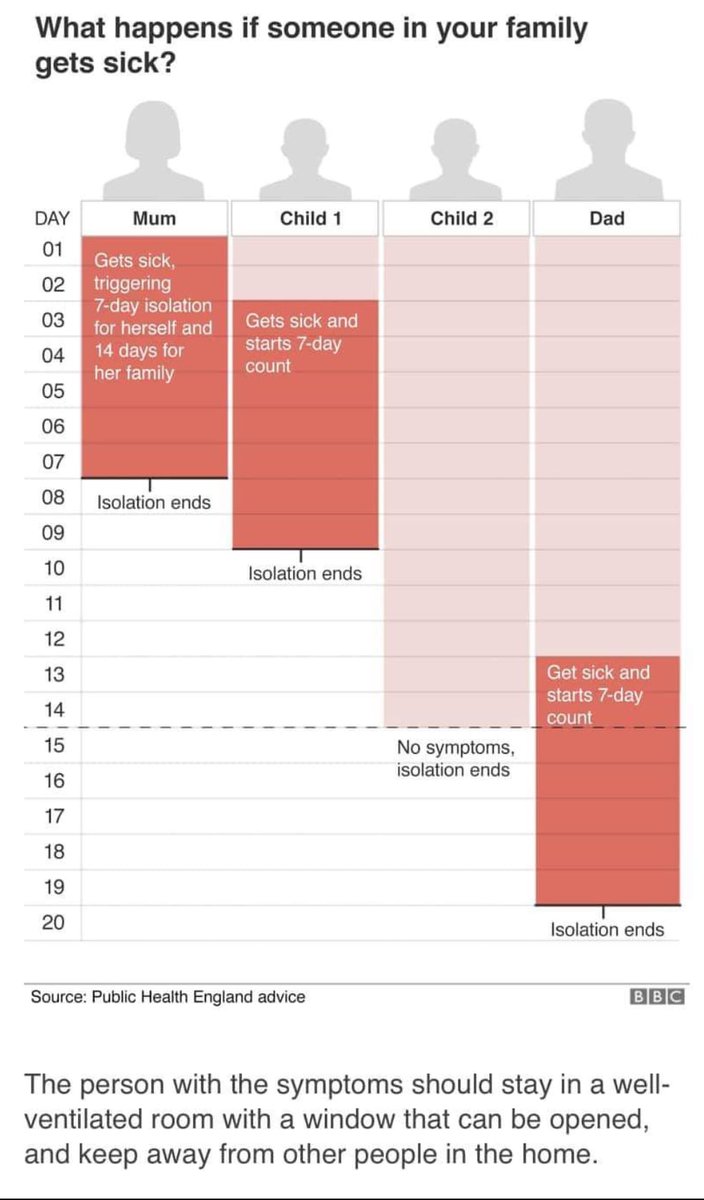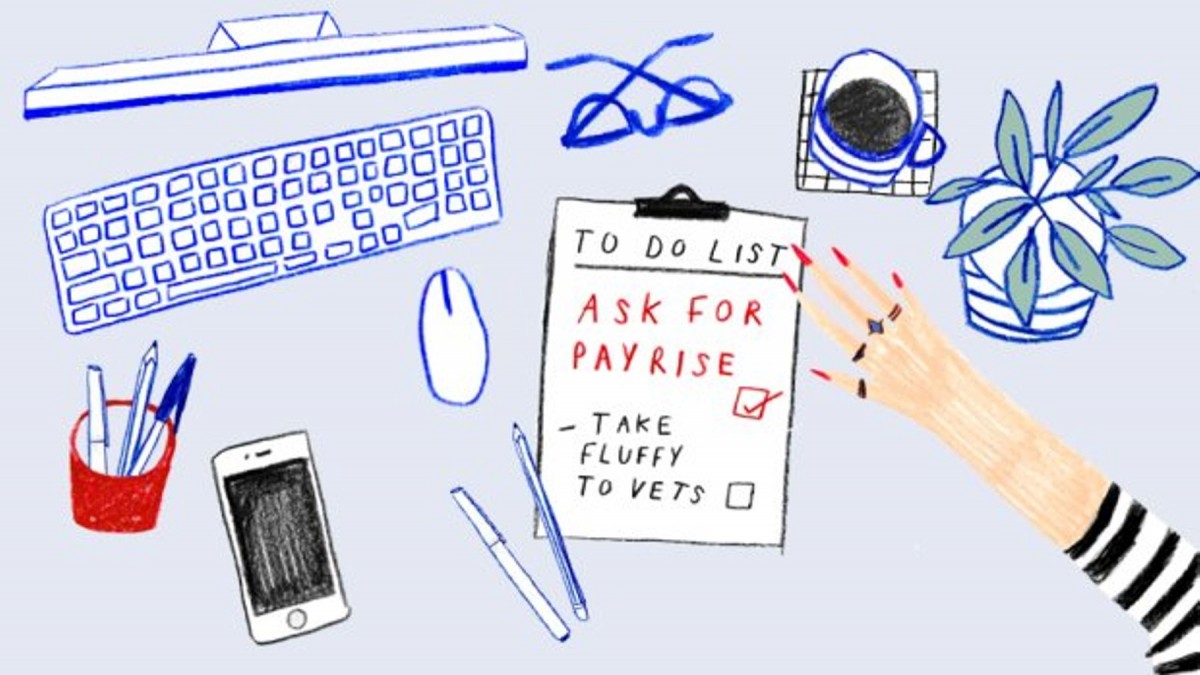With so much contradictory information surrounding the coronavirus and the guidance that businesses should follow, here, Consult HR’s Julie Pollock answers the most commonly asked questions.
-
What should the company do about business travel?
Seriously consider suspending unnecessary business travel overseas or certainly areas that are regarded as a ‘risk’ (travel to some countries will not be possible anyway due to lockdowns). Risking an employee bringing back the illness to your other employees and creating anxiety for the employee themselves should be carefully considered. There is also the risk that they may find themselves unable to return home from a trip as some countries are beginning to go into lockdown. Consider using video calling as an alternative.
If the business travel is necessary, carry out your risk assessment around how safe the area is to travel to, consider whether it is regarded as a risk and any precautionary measures you should put in place to protect the safety of your employee.
-
What should we do regarding employees attending events?
Employers may find that many events are being cancelled due to the coronavirus. If your employee is concerned about attending an event listen to their concerns and weigh up the pros and cons taking into account daily updates from the authorities regarding coronavirus.
-
What should we do about employees who have booked holidays that have now been cancelled?
From an employment law perspective, there’s no requirement for employers to accept workers cancelling holiday. If you have specific rules on allowing employees to cancel their leave, you can stick to these. However, given the circumstances, it may be advisable to be more flexible where possible and allow the employee to cancel their booked leave and take it at another mutually agreed time.
-
If an employee returns from a trip to a ‘risk’ area what should we do?
Employers have a duty of care towards the health and safety of their workforce. If they knowingly allow an employee who has been advised to self-isolate into the workplace they could be in breach of health and safety regulations, especially to high risk employees.
The Public Health Agency states people who have returned from Hubei Province, including Wuhan, Iran, Daegu or Cheongdo in the Republic of Korea, and any area within Italy under containment measures in the last 14 days should avoid attending work. They should call NHS 111 for advice and stay at home.

-
Do I have to pay employees who are self-isolating?
If employees can continue working from home then they will, of course, be paid their normal salary.
If employees cannot work from home and have no symptoms but have reason to believe they have been exposed to the virus then employers should pay sick pay as per the amendment made to the Statutory Sick Pay regulations for Northern Ireland on 16th March 2020, which now states that employees should be paid SSP for self isolation if advised by a medically qualified individual.
The Government has stated that SSP should be paid from day one for eligible employees who have the virus, who are required to self-isolate on medical advice or who have symptoms of an upper respiratory infection and therefore self-isolate for 7 days. We are waiting on confirmation if employers in Northern Ireland will be able to claim back SSP paid to an employee is relation to the coronavirus outbreak.
You should also check your company policies to identify if employees are entitled to an enhanced sick pay payment as per the terms of their contract. If this is the case you will be required to honour that payment.
-
What to do if a member of staff or the public with suspected COVID-19 has recently been in your workplace
PHA advise for contacts of a suspected case in the workplace, no restrictions or special control measures are required while laboratory test results for COVID19 are awaited. In particular, there is no need to close the workplace or send other staff home at this point. Most possible cases turn out to be negative. Therefore, until the outcome of test results is known there is no action that the workplace needs to take.
If the employee or member of the public tests positive for the virus they should give their consent for colleagues to be informed that they have the virus under the GDPR Regulation. However, you have a duty of care for the safety of your employees and should inform those who have been in the proximity of the affected person without naming them if no explicit consent is given.
-
If an employee self isolates themselves because they are fearful of getting the Coronavirus how should we treat this?
Try to listen to the employee’s concerns and try to alleviate them as best you can. Perhaps offer flexible working or home working, if possible. The employee may be able to arrange unpaid leave or holiday with you although employers do not have to agree to this.
If an employee refuses to return to work then this could result in disciplinary action unless their refusal is reasonable.
-
If I am concerned and I send someone home in relation to Coronavirus what do I have to pay them?
If you take the decision to remove someone from your business and they are ready and available to attend work, in this instance the employee will be entitled to receive their normal pay in full whilst not at work.
-
If an employee is advised by a medical practitioner to self-isolate, how should we manage this?
If the employee is well and can work from home and this is a practical option for the type of work that they do, then this should be arranged where possible and the employee would receive their normal full pay.
If they are well and cannot work from home then sick pay should be paid from day one or occupational sick pay if this is stated in their contract of employment.
-
If we go into lockdown what are our options – how best do we manage this?
Unless you have a specific contractual clause regarding lay-offs in your employment contracts you must still pay your employees their normal wages in full, unless you consult with your staff and come to an agreement to reduce this pay.
If you place your staff on lay-off and you have a lay off clause in your contract of employment, the staff do not have to be paid for this time, other than a guaranteed payment. (Further information can be discussed in relation to this by contacting Consult HR).
Arrange home working, where possible. In this situation the employee will be paid full pay.
Keep your employees informed as much as possible during the build up to a potential lockdown situation.

-
If we are struggling to get supplies/products which is having an effect on us being able to do our job, how should we deal with this?
If you have a lay off clause in your employment contracts you can ask your employees to reduce their hours or to not work at all (see above regarding guaranteed payments).
If you don’t have a lay-off clause and you send them home then you have to pay them their normal wages.
You could consider redundancies. (Further information on this can be discussed in relation to this by contacting Consult HR).
-
What financial support is there for employers ie. in terms of paying SSP, loss of business etc?
The UK Government has announced a “business interruption loan” which will allow businesses with a turnover of £41m or less to apply for a loan of up to £1.2m covering up to 80% of losses with no fees.
Employers who have 250 employees or less can reclaim the cost of providing SSP for 7 or 14 days from the government in full.
We are still waiting on confirmation if any of these benefits will be extended to Northern Ireland businesses.
-
Are there any key tips we should put into place to protect our staff and customers against the spreading of the Coronavirus?
- Keep staff updated with your internal policies and protocols relating to coronavirus and ensure communication is clear and accessible.
- Consider suspending travel on overseas business trips and attendance at events and consider flexible and home working arrangements where possible.
- Reduce the number of staff in any one area at a time or introduce different shift systems/hours of work to reduce the time that all staff spend together.
- Increase hand cleaning facilities and workplace cleaning. Use video calling for client meetings or meetings amongst employees based at different sites.
- Ensure everyone’s emergency contact details and phone numbers are up to date in your records.
-
If the schools close and my staff advise they have to stay at home to look after their children, how to I manage this?
The First Minister has announced that schools will close “at some point” and this is likely to be for 16 weeks.
If your employee has children who are slightly older you may be able to arrange for them to work from home if their job allows that. In these circumstances they will be entitled to their normal pay.
If your employee is unable to arrange childcare in order to attend work then consider being flexible on the hours worked.
If an employee is unable to work at all because of having to care for a dependent during the coronavirus outbreak then this would normally be unpaid leave.
-
I have a staff member who is refusing to socially distance outside of office hours. Can we demand they self-isolate, and if so, do we have to pay them?!
Yes you could advise them that you are self isolating them, however this will be very difficult to police to ensure the staff member is not coming into close contact with others during the period of self isolation. They will also be eligible for full pay during the period of self isolation as has not been recommended by a medical professional.
-
We are investigating getting our staff to work remotely. Some will be able to, and some, due to their job roles (doing tasks physically in the office) will not be able to. Is that ok?
Yes, it is advisable to arrange home working for as many employees as possible but it will not be possible for all and will depend heavily on the nature of their work. So you may have a combination of some staff working remotely and some staff based in the office.
-
What are we to do if the order comes that businesses have to close for a period and people must stay in their homes. If that is the case, do we have to pay workers? What happens if they are able to work remotely but they refuse, or if they can’t work remotely because it is not practical for their job type, what do we do? Do we pay them?!
If you have employment contracts which state you can lay off employees or unless it is agreed otherwise with a union or there is a national agreement for your industry, then you must continue paying your employees their normal salary for the period of the shutdown.
You can compel your employees to take holidays but you must give twice the notice of the holiday you are asking employees to take.
If your employee refuses to work remotely and you are confident it is a reasonable request and there is no reason why it can’t be done then you could take disciplinary action against them.
If your admin workers cannot do their jobs remotely and you have to shut down then, yes, you still have to pay them their normal wage.
It is important to keep your employees informed at all stages if this seems a likely scenario for your business.

-
Potentially, if we have to ask workers to do short term / reduced salaries for a period, what happens if some agree and some don’t? Can we go down the redundancy route and automatically pick the ones who refused?!
If you have a lay off clause in your contract of employment, if your employees all agree or if there is a national agreement regarding lay-offs for your industry then you can reduce wages for the period of difficulty.
If you do not have a contractual clause regarding lay-offs and your employees do not agree to the change then redundancy is another option.
If you go down the redundancy route you cannot simply pick the employees who refuse to accept a reduced salary – you must follow a fair procedure taking into account eg. standard of work, skills, qualifications and experience, attendance etc.
Your employees may accept the reduced pay option if they understand that the alternative may mean redundancies.
-
Rather than a ‘general’ order to shut, if we have to close for say 14 days and self -isolate/deep clean because someone in our midst is diagnosed with coronavirus, do we have to pay our self-isolating staff then?
If the employees may have come into contact with an individual who has contracted the virus, then if they are advised medically to self isolate themselves, then they will be entitled to SSP or contractual sick pay from day 1.
If however you ask the employees not to attend work for a period of time then you will be required to pay them their full salary.
-
If I have to pay employees SSP due to the coronavirus can I claim this back from HMRC
We are still waiting on the government to make a decision on whether businesses in Northern Ireland will be entitled to reclaim SSP paid out to employees. However any employees you pay SSP to, make sure you receive a medical certificate for their absence which they can get by dialling 111. They do not need to go to their GP practice to get this.
-
Can we ask an employee who has a family member who has been diagnosed with, or is suspected to have, Covid-19 not to come into work?
The latest advice on self isolation within families is:-
- If you live alone and you have symptoms of coronavirus illness (COVID-19), however mild, stay at home for 7 days from when your symptoms started
- If you live with others and you or one of them have symptoms of coronavirus, then all household members must stay at home and not leave the house for 14 days. The 14-day period starts from the day when the first person in the house became ill
- It is likely that people living within a household will infect each other or be infected already. Staying at home for 14 days will greatly reduce the overall amount of infection the household could pass on to others in the community
- For anyone in the household who starts displaying symptoms, they need to stay at home for 7 days from when the symptoms appeared, regardless of what day they are on in the original 14 day isolation period
- If you can, move any vulnerable individuals (such as the elderly and those with underlying health conditions) out of your home, to stay with friends or family for the duration of the home isolation period
- If you cannot move vulnerable people out of your home, stay away from them as much as possible
- If you have coronavirus symptoms:
- Do not go to a GP surgery, pharmacy or hospital
- You do not need to contact 111 to tell them you’re staying at home
- Testing for coronavirus is not needed if you’re staying at home
- Plan ahead and ask others for help to ensure that you can successfully stay at home and consider what can be done for vulnerable people in the household
- Ask your employer, friends and family to help you to get the things you need to stay at home
- Wash your hands regularly for 20 seconds, each time using soap and water, or use hand sanitiser
- If you feel you cannot cope with your symptoms at home, or your condition gets worse, or your symptoms do not get better after 7 days, then use the NHS 111 online coronavirus service. If you do not have internet access, call NHS 111. For a medical emergency dial 999.
If the employee has been in close contact with the family member, for example, lives with them, then they must self isolate as stated above and will be paid SSP if eligible.
However, if an employer simply asks an employee to stay at home because of the relationship between the employee and sick relative, without any reasonable evidence of contact between them, this is unlikely to be an appropriate course of action.
-
What to do if an employee or a member of the public becomes unwell and believe they have been exposed to COVID-19
If the person has not been to specified areas in the last 14 days, then normal practice should continue.
If someone becomes unwell in the workplace and has travelled to China or other affected countries, the unwell person should be removed to an area which is at least 2 metres away from other people. If possible, find a room or area where they can be isolated behind a closed door, such as a staff office. If it is possible to open a window, do so for ventilation.
The individual who is unwell should call NHS 111 from their mobile, or 999 if an emergency (if they are seriously ill or injured or their life is at risk) and explain which country they have returned from in the last 14 days and outline their current symptoms.
Whilst they wait for advice from NHS 111 or an ambulance to arrive, they should remain at least 2 metres from other people. They should avoid touching people, surfaces and objects and be advised to cover their mouth and nose with a disposable tissue when they cough or sneeze and put the tissue in a bag or pocket, then throw the tissue in the bin. If they don’t have any tissues available, they should cough and sneeze into the crook of their elbow.
If they need to go to the bathroom whilst waiting for medical assistance, they should use a separate bathroom if available.
-
What to do if a member of staff or the public with confirmed COVID-19 has recently been in your workplace
Closure of the workplace is not recommended.
The management team of the office or workplace will be contacted by the PHE local Health Protection Team to discuss the case, identify people who have been in contact with them and advise on any actions or precautions that should be taken.
A risk assessment of each setting will be undertaken by the Health Protection Team with the lead responsible person. Advice on the management of staff and members of the public will be based on this assessment.
The Health Protection Team will also be in contact with the case directly to advise on isolation and identifying other contacts and will be in touch with any contacts of the case to provide them with appropriate advice.
Advice on cleaning of communal areas such as offices or toilets will be given by the Health Protection Team.
-
When individuals in the workplace have had contact with a confirmed case of COVID-19 what should we do?
If a confirmed case is identified in your workplace, the local Health Protection Team will provide the relevant staff with advice. These staff include:
- Nny employee in close face-to-face or touching contact
- Talking with or being coughed on for any length of time while the employee was symptomatic
- Anyone who has cleaned up any bodily fluids
- Close friendship groups or workgroups
- Any employee living in the same household as a confirmed case
Contacts are not considered cases and if they are well they are very unlikely to have spread the infection to others:
- Those who have had close contact will be asked to stay at home for 14 days from the last time they had contact with the confirmed case and follow the home isolation advice sheet
- They will be actively followed up by the Health Protection Team
- Uf they develop new symptoms or their existing symptoms worsen within their 14-day observation period they should call NHS 111 for reassessment
- If they become unwell with cough, fever or shortness of breath they will be tested for COVID-19
- If they are unwell at any time within their 14-day observation period and they test positive for COVID-19 they will become a confirmed case and will be treated for the infection
Staff who have not had close contact with the original confirmed case do not need to take any precautions and can continue to attend work.
-
Certifying absence from work
By law, medical evidence is not required for the first 7 days of sickness. After 7 days, it is for the employer to determine what evidence they require, if any, from the employee. This does not need to be fit note (Med 3 form) issued by a GP or other doctor.
Your employee will be advised to isolate themselves and not to work in contact with other people by NHS 111 or PHE if they are a carrier of, or have been in contact with, an infectious or contagious disease, such as COVID-19.
Employers should use their discretion around the need for medical evidence for a period of absence where an employee is advised to stay at home due to suspected COVID-19, in accordance with the public health advice being issued by the government.
-
Advice for staff returning from travel anywhere else in the world within the last 14 days
Currently, there are minimal cases outside the listed areas and therefore the likelihood of an individual coming into contact with a confirmed case is extremely low.
These staff can continue to attend work unless they have been informed that they have had contact with a confirmed case of COVID-19
If individuals are aware that they have had close contact with a confirmed case of COVID-19 they should contact NHS 111 for further advice.
The latest country information is available on the NaTHNac Travel Pro website.
If you would like any further specific advice please contact Julie Pollock on:-
Tel: 07858089006
E-mail – julie@consulthr.co.uk
www.consulthr.co.uk
Ensure that you keep up to date with the advice from Public Health NI and the Government.



































